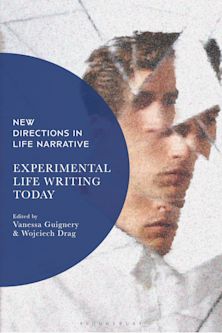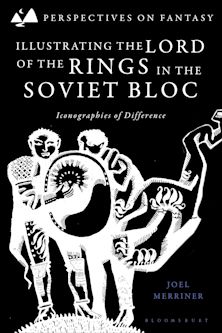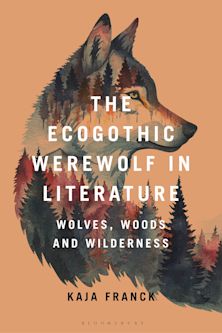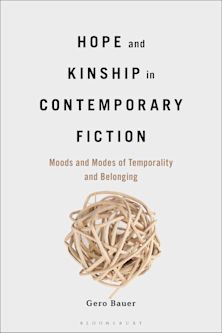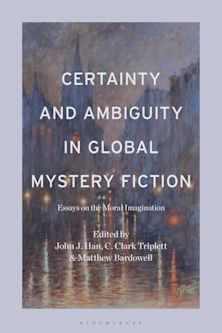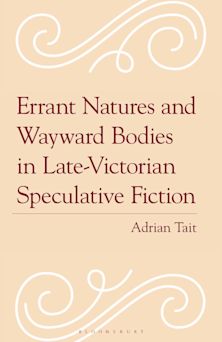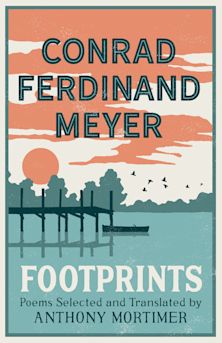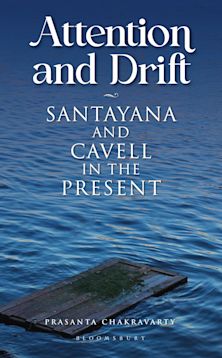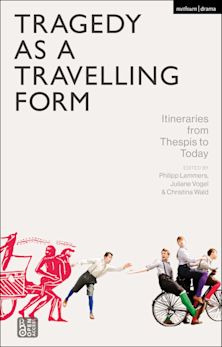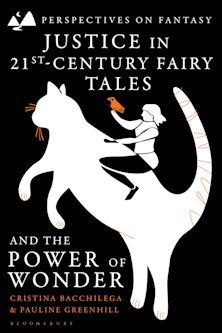- Home
- ACADEMIC
- Literary Studies
- Literary Genres and Genre Fiction
- Chaos Theory, Asimov's Foundations and Robots, and Herbert's Dune
Chaos Theory, Asimov's Foundations and Robots, and Herbert's Dune
The Fractal Aesthetic of Epic Science Fiction
Chaos Theory, Asimov's Foundations and Robots, and Herbert's Dune
The Fractal Aesthetic of Epic Science Fiction
This product is usually dispatched within 2-4 weeks
- Delivery and returns info
-
Flat rate of $10.00 for shipping anywhere in Australia
You must sign in to add this item to your wishlist. Please sign in or create an account
Description
Isaac Asimov and Frank Herbert remain two of the most popular and influential science fiction writers of the 20th century. Each is a master structuralist whose works succeed in large part through the careful mirroring of concepts at every narrative level. While the fiction of Herbert and Asimov has attracted scholarly attention, science itself is a crucial element that is almost completely ignored in critical assessments of science fiction as literature. Because the works of Asimov and Herbert are grounded in scientific premises, an appreciation of their literary structure depends on an understanding of the scientific concepts informing them. This book examines Herbert's Dune series and Asimov's Foundation trilogy and robot stories from the perspective of chaos theory to elucidate the structure of their works.
Chaos theory is the study of orderly patterns in turbulent, dynamic, or erratic systems. The order of these systems stems from the interdependence of numerous interlocking events or components. These may take the form of fractal structures, in which similar but not necessarily identical structures are replicated across the same scale and increasingly smaller scales. This book argues that in drawing upon apparently chaotic natural and scientific systems, Herbert and Asimov created fractal narrative structures in their works.
Table of Contents
Asimov's Foundation Series
Psychohistory and Chaos Theory: Metaseries' Architecture and the Foundation Series' Premise and Plot Structure
The Back-up Plan, Guardian ship, and Disguise: Interrelated Fractal Motifs on the Same and Descending Levels of Scale
The Persistence of Prejudice: Asimov's Crusade Against Bigotry as a Fractal Theme
Asimov's Robot Stories and Novels
Chaor-Theory Concepts in the Robot Stories and Novels
Reiterated Plots and Themes in the Robot Novels
Integrating the Metaseries
Herbert's Dune Series
"Plots Within Plots…Patterns Within Patterns": Chaos-Theory Structures and Concepts in the Dune Series
The Monomyth as Fractal Pattern in the Dune Series
The Monomyth and Chaos Theory: "Perhaps we should believe in magic"
Endnotes
Bibliography
Index
Product details
| Published | 30 Dec 2002 |
|---|---|
| Format | Hardback |
| Edition | 1st |
| Extent | 256 |
| ISBN | 9780313311895 |
| Imprint | Praeger |
| Dimensions | 235 x 156 mm |
| Series | Contributions to the Study of Science Fiction and Fantasy |
| Publisher | Bloomsbury Publishing |
About the contributors
Reviews
-
An interesting book….Specialized science fiction collections serving graduates and researchers.
Choice
-
[t]his approach offers many opportunities for further exploration of these works. It is a generative structure, and ^IDune^R at the very least proves to be like a hologram, so that when the reader looks at a small portion of the novel, the structure of the whole is revealed within it.
The Journal of the Fantastic in the Arts
-
[P]alumbo has provided an accurate, pleasingly complex, and sympathetic study of two of the greatest American sf writers of the twentieth century.
Science Fiction Studies
-
[a] challenging book, yet one that will repay the time spent with it in profound insight not only into two of science fiction's most respected literary geniuses, but also insight into the interplay among science, literature, and cosmology.
Utopian Studies
-
[A]n astutely written, thoughtful and thought-provoking examination of the underlying themes to the popular works of the prolific science fiction author Isaac Asimov, as well as the enduringly popular science fiction Dune series by Frank Herbert….[i]ntrinsically fascinating and insightful…especially commended to academic library literary criticism reference collections, as well as the legions of Asimov and Herbert fans.
The Midwest Book Review
-
…can definitely be regarded as an important contribution to critical studies of science fiction.
Hungarian Journal of English and American Studies


















